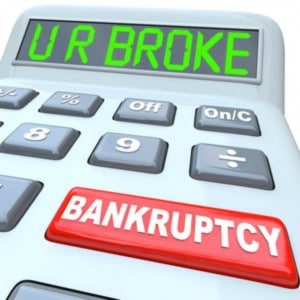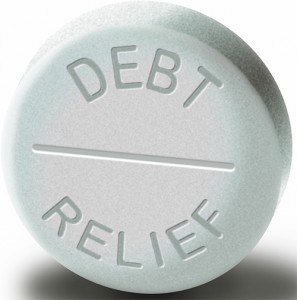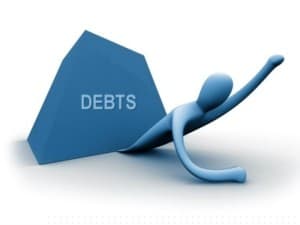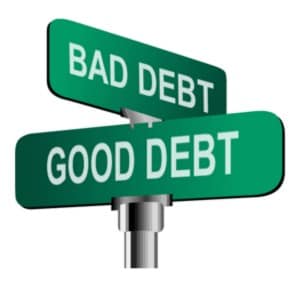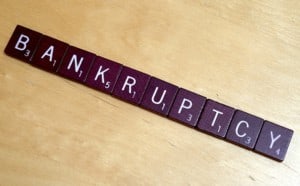 For those looking at insolvency, you may have heard the phrase –receivership in bankruptcy – and wondered what it meant. This phrase is both inaccurate, and in the area of the Canadian insolvency process, yet still possible. Are you confused yet? What is the source of the confusion? Most likely, people confuse the job of a licensed insolvency trustee with the job of a receiver. This is because one of the functions of a licensed trustee is to take possession of the assets of the bankrupt person or company, sell those assets, receive the money and then distribute the money to the creditors as prescribed in the Bankruptcy and Insolvency Act (Canada) (BIA).
For those looking at insolvency, you may have heard the phrase –receivership in bankruptcy – and wondered what it meant. This phrase is both inaccurate, and in the area of the Canadian insolvency process, yet still possible. Are you confused yet? What is the source of the confusion? Most likely, people confuse the job of a licensed insolvency trustee with the job of a receiver. This is because one of the functions of a licensed trustee is to take possession of the assets of the bankrupt person or company, sell those assets, receive the money and then distribute the money to the creditors as prescribed in the Bankruptcy and Insolvency Act (Canada) (BIA).
In this situation, the trustee is receiving funds, but in no way is regarded as a receiver in any legal way. What does a licensed bankruptcy trustee do? In Toronto, and all of Canada, a bankruptcy trustee is licensed by the Federal government and works on behalf of all the unsecured creditors; this is the case even though the individual or company is the one who chose the licensed trustee prior to assigning itself into bankruptcy. Creditors have rights and are entitled to get their portion of the money owed to them when it is possible from the licensed trustee administering the bankruptcy. But in corporate insolvency, there is no term called receivership in bankruptcy.
For an individual, a licensed trustee can also help the person look at bankruptcy alternatives, such as debt consolidation, credit counselling and consumer proposals to deal with creditors and avoid bankruptcy. Consumer proposals reduce and reorganize an individual’s debt and if accepted, the successful consumer proposal helps the person recover from their debt and not do as much damage to their credit score. What is a receivership?
Receivership is a process that is available to lenders or other secured creditors only (as opposed to bankruptcy which is a remedy for unsecured creditors) to seize the assets of the company subject to the lender’s security through the appointment of a receiver. The receiver, who also must be a licensed trustee, will determine if the highest recovery can be gained from running the company or shutting it down, all while devising and implementing a plan to sell the assets. This is done in order to recover the greatest amount of money possible under the circumstances for the lender who appointed the receiver.
So how can there be a receivership in bankruptcy? As described in this blog, receivership is a remedy for secured creditors, while BIA proceedings, other than receivership, are a remedy to benefit the unsecured creditors. In some cases, it is necessary to have a bankruptcy administration, at the same time there is a receivership. The reasons why are much too complex for the purposes of this blog, but now you know, that although the phrase is inaccurate, it is still possible.
Receivership in bankruptcy summary
Before receivership or bankruptcy becomes your only option, there are alternatives including credit counselling, debt consolidation, and consumer proposals. Contact us today. The team at Ira Smith Trustee & Receiver Inc. will work with you to ensure that Starting Over, Starting Now you can regain financial health.




